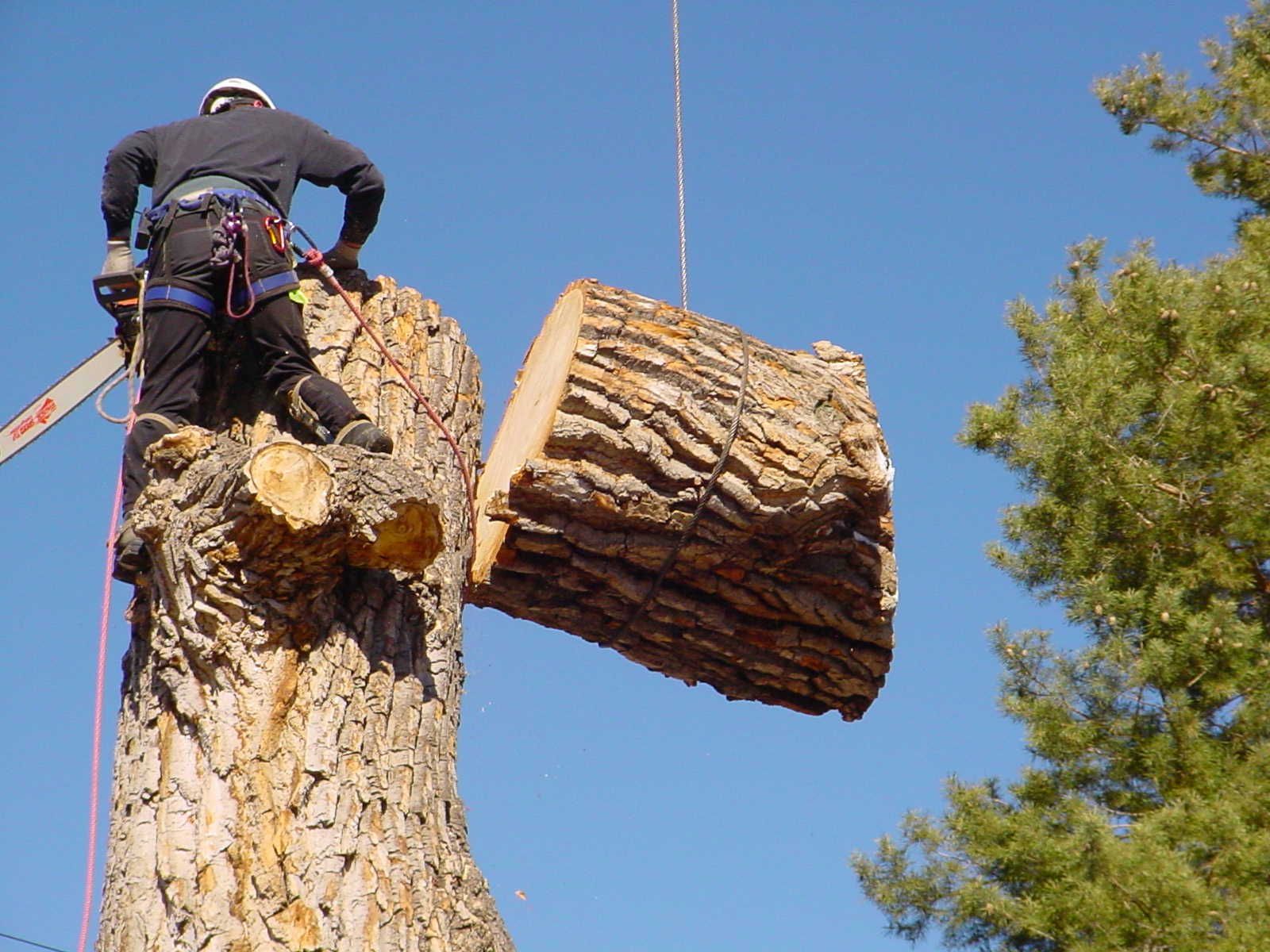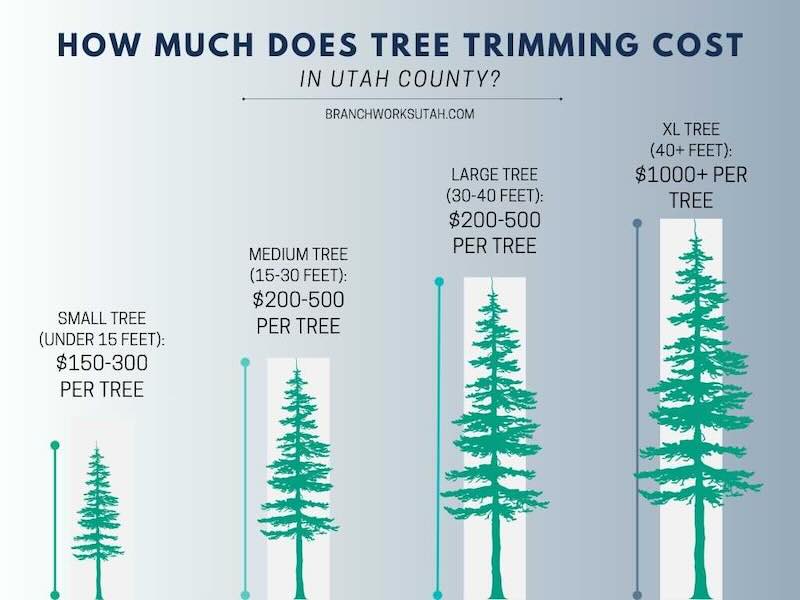Featured
Table of Contents
- – Sky Lake, FL Tree Removal Price Analysis
- – Additional Stump Grinding Service Plans In Sky...
- – Sky Lake, FL Stump Removal Quote For Homeowners
- – Unbiased Sky Lake, FL Tree Trimming Testimoni...
- – Sky Lake, FL Tree Cutting Installation Prices
- – Sky Lake, FL Tree Trimming Guarantees: What's...
- – Top Tree Clearing FAQs In Sky Lake, FL Answered
- – Trusted Stump Removal In Sky Lake, FL: Reviews
- – Basic Arborist Prices In Sky Lake, FL
- – Sky Lake, FL Stump Removal Cost Breakdown
- – Best-Reviewed Tree Trimming In Sky Lake, FL:...
- – Sky Lake, FL Tree Removal Service Rate Sheet
- – High-End Tree Service Costs In Sky Lake, FL
- – Sky Lake, FL Arborist Cost Guide: Essential ...
- – Sky Lake, FL Tree Removal: Questions To Ask

The subsections below offer more in-depth details about rates, consisting of a typical range for each. TypeAverage Elimination CostPineConiferPalmMagnoliaArborvitaeAshCedarSweet GumEucalyptusSycamoreCypressOakMaplePoplar You can anticipate to pay in between to remove a pine, depending on its size. Eliminating a pine is one of the more budget-friendly jobs unless it is one that has been around for several years and is quite big.
Sky Lake, FL Tree Removal Price Analysis
Pines likewise have a tap root that grows deep into the soil, which can prove to be more tough to remove. The process itself involves an expert cutting the tree, clearing the base, cutting the surface roots, removing the stump, and lastly treating the soil. Without a professional hand, you risk leaving pine seedlings behind, which will fall from the roots of distressed pines.
Additional Stump Grinding Service Plans In Sky Lake, FL
The U.S. national average for conifer removal is roughly to have the conifer cut down, transported away, and the stump ground or removed completely. Conifers are normally simpler to get rid of, and even though they can grow quite tall, they do not cost a fortune to remove. Conifers consist of pine, spruce, fir, and juniper trees.
Sky Lake, FL Stump Removal Quote For Homeowners
While conifers are stunning, they eliminate native plants and specific types of grass (tree cutting). The typical rate of palm elimination depends on the height as much as the type, varying from.
Unbiased Sky Lake, FL Tree Trimming Testimonials
That is why it is necessary to understand which type you are eliminating. While you do not require an herbicide to kill a palm tree, there are some actions your removal specialist will need to require to guarantee the job is done correctly. There are two ways they can get rid of them: by slicing them down or digging them up.
Sky Lake, FL Tree Cutting Installation Prices
From there, they remove the real tree and then the stump. Anticipate to pay in between to eliminate this type of tree, depending on the exact size and details of the job.
Sky Lake, FL Tree Trimming Guarantees: What's Covered
There are 3 types: green, white, and black ash. With its gray-tinged bark, its leaves are green or purple in the spring and golden yellow or purplish-red in the fall.
Top Tree Clearing FAQs In Sky Lake, FL Answered

Due to the variation in height, the elimination rate variation is large from. A coniferous, evergreen tree, the cedar is a durable types.
Trusted Stump Removal In Sky Lake, FL: Reviews
The growth of incorrect cedars differs from 50 feet up to 230 feet high. House owners may pay anywhere from, depending on the roots. With star-shaped leaves and stunning fall colors, the sweet gum is thought about a medium to big tree. Taking pleasure in full sun, the sweet gum can not tolerate pollution.
Basic Arborist Prices In Sky Lake, FL
Typically, it costs between to eliminate a eucalyptus. Eucalyptus are not common everywhere, however they are quite big compared to others, which is why even the smaller sized ones are so costly to remove.
Sky Lake, FL Stump Removal Cost Breakdown
There are a handful of ways to do this, consisting of burning, pulling, grinding, or eliminating them with herbicide. Expect to pay between to get rid of sycamores, based on the height, trunk size, and amount of work included. Sycamores are one of the largest wood trees, normally varying from 60 to 100 feet high and as large as 15 feet.
Best-Reviewed Tree Trimming In Sky Lake, FL: Pricing
The very first 2 steps will expose the insides of the tree and cut off the flow of nutrients up the trunk. From there, a professional uses herbicide to kill the tree and reduce the trunk. They will eliminate the stump. Otherwise, new sprouts may grow from it. Lowering and removing a full-grown cypress could cost as much as.
Sky Lake, FL Tree Removal Service Rate Sheet
There are several types of Cypress trees, however the most widespread are the Leyland, Arizona, Bald, and Italian. The Bald Cypress grows in swampy or extremely moist areas while the others enjoy a dry, warm, or hot environment (tree cutting). They can grow as high as 80 to 100 feet high
High-End Tree Service Costs In Sky Lake, FL

Prone to illness, the Cypress is among the most treasured woods for furnishings. The average oak grows to around 60 feet, and depending upon the intricacy of the removal, it costs approximately to remove. The precise size of your oak and the effort required to fell it affect what you will in fact pay for elimination in addition to any extra services like stump grinding.
Sky Lake, FL Arborist Cost Guide: Essential Info
Access to the trees and the roots will also impact the total expense. Maples are typically amongst the more expensive trees to remove due to the fact that of their size and the work involved in the removal.
Sky Lake, FL Tree Removal: Questions To Ask
Growing as high as 90 to 115 feet, these enormous timbers are mainly found in North America and consist of the aspen, cottonwood, and balsam trees. The process to get rid of trees includes all the trimming and cutting of the branches and trunk, bringing it down to a stump.
Table of Contents
- – Sky Lake, FL Tree Removal Price Analysis
- – Additional Stump Grinding Service Plans In Sky...
- – Sky Lake, FL Stump Removal Quote For Homeowners
- – Unbiased Sky Lake, FL Tree Trimming Testimoni...
- – Sky Lake, FL Tree Cutting Installation Prices
- – Sky Lake, FL Tree Trimming Guarantees: What's...
- – Top Tree Clearing FAQs In Sky Lake, FL Answered
- – Trusted Stump Removal In Sky Lake, FL: Reviews
- – Basic Arborist Prices In Sky Lake, FL
- – Sky Lake, FL Stump Removal Cost Breakdown
- – Best-Reviewed Tree Trimming In Sky Lake, FL:...
- – Sky Lake, FL Tree Removal Service Rate Sheet
- – High-End Tree Service Costs In Sky Lake, FL
- – Sky Lake, FL Arborist Cost Guide: Essential ...
- – Sky Lake, FL Tree Removal: Questions To Ask
Latest Posts
Request Tree Service Price Quotes In Mascoutah, IL
Top-Rated Stump Grinding In West Bend, WI: Pricing
Charlestown, IN Arborist Cost Guide
More
Latest Posts
Request Tree Service Price Quotes In Mascoutah, IL
Top-Rated Stump Grinding In West Bend, WI: Pricing
Charlestown, IN Arborist Cost Guide